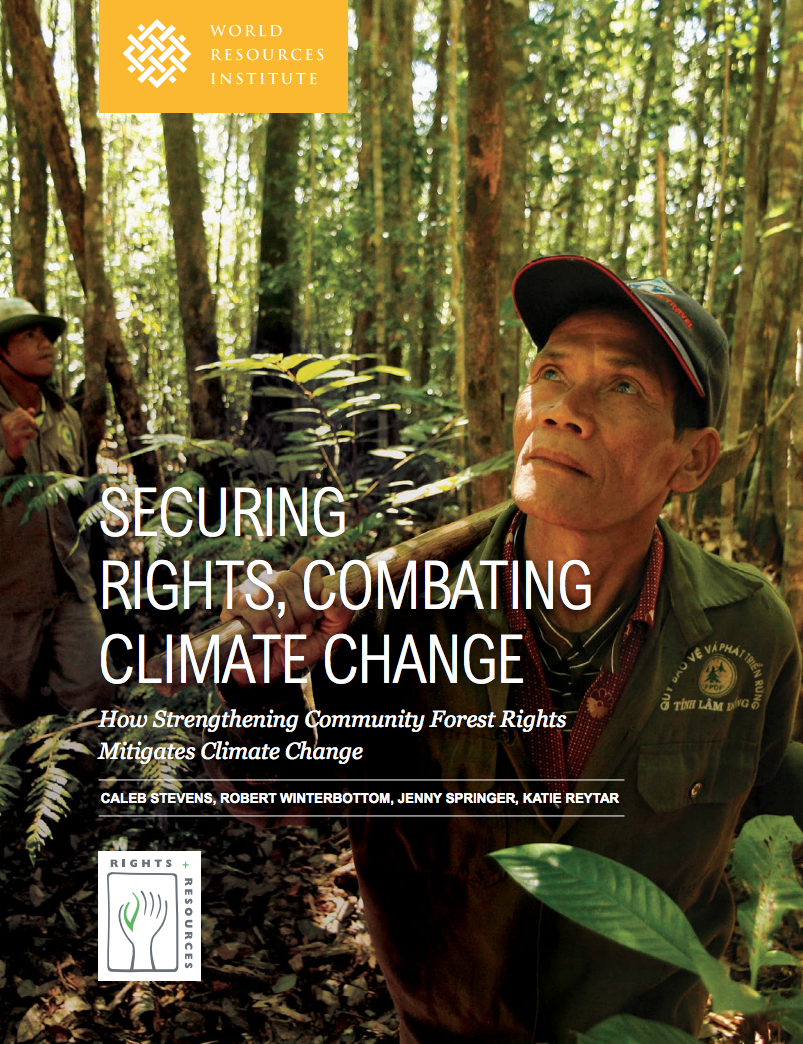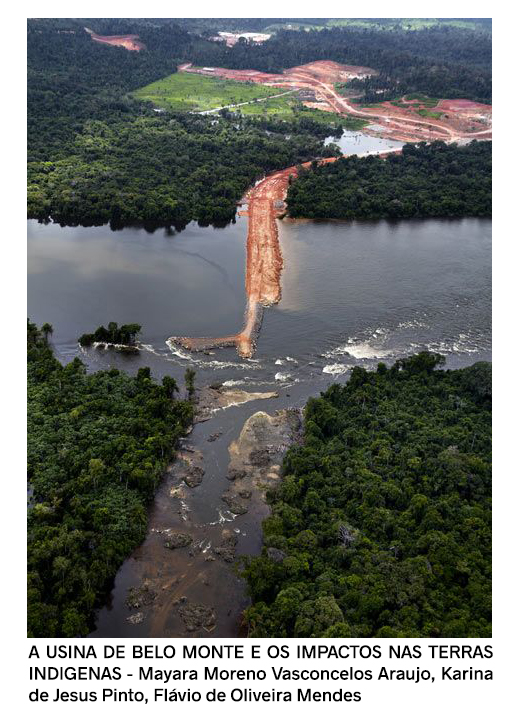Securing Rights, Combating Climate Change
With deforestation and other land uses accounting for 11 percent of annual global greenhouse gas emissions, the international community agrees on the need to address deforestation as an important component of climate change. Community forests represent a vital opportunity to curbing climate change that has been undervalued. Today communities have legal or official rights to at least 513 million hectares of forests, only about one eighth of the world’s total, comprising 37.7 billion tonnes of carbon.








